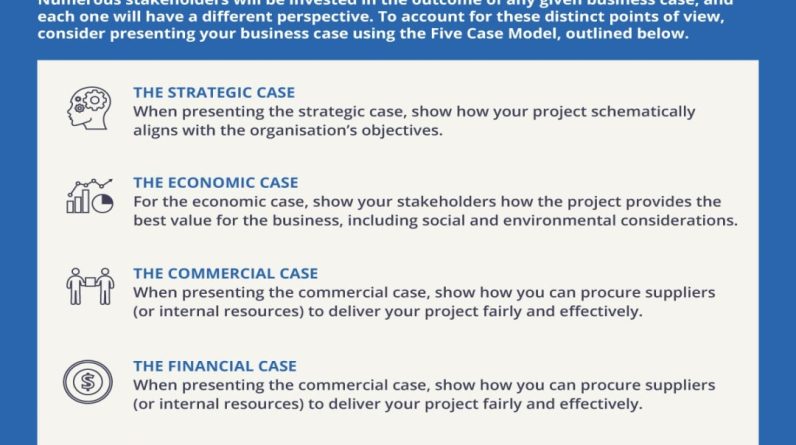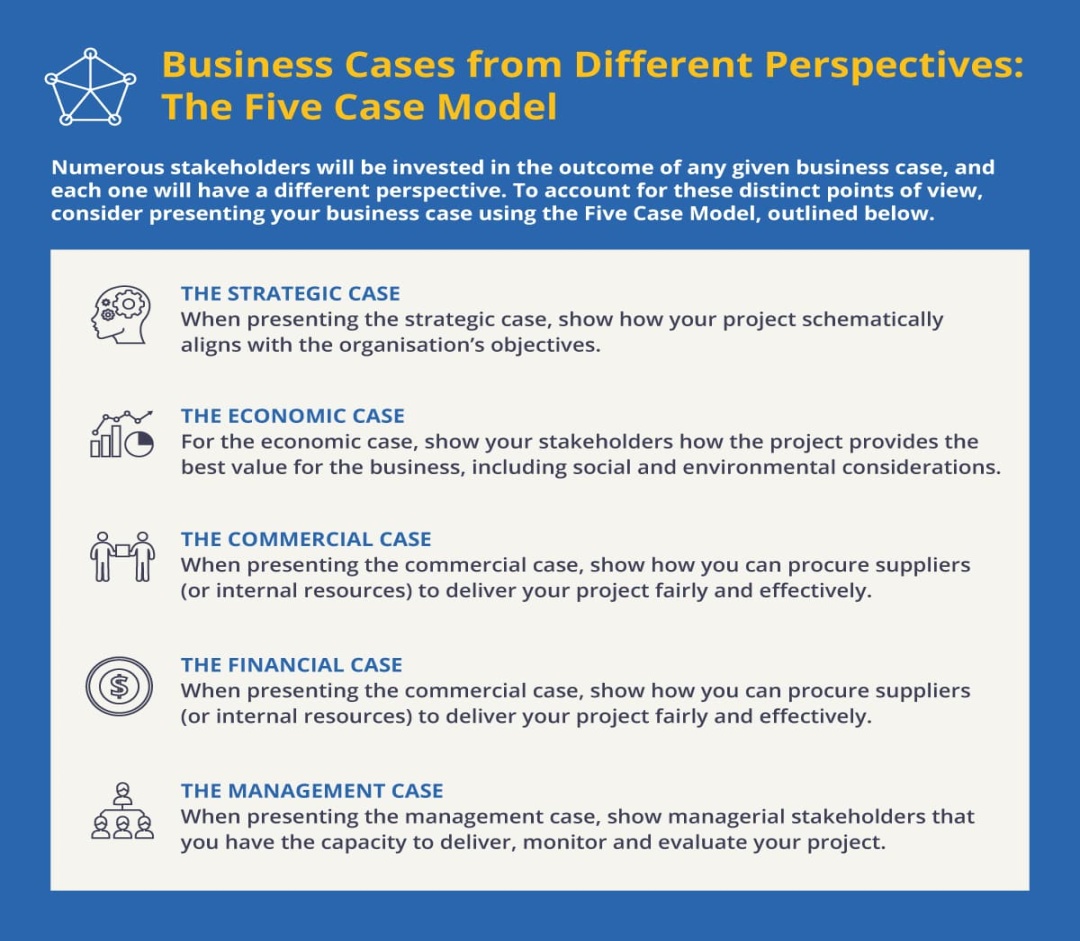
Building Blocks of Success
In the world of business, success is often the ultimate goal. But achieving success isn’t always easy – it requires careful planning, strategic decision-making, and a strong business case. The building blocks of success are essential elements that every decision-maker needs to know in order to create a strong foundation for their business.
One of the key building blocks of success is a clear vision. A strong business case begins with a clear understanding of the goals and objectives of the project or initiative. Without a clear vision, it’s easy to get lost in the details and lose sight of the bigger picture. Decision-makers need to be able to articulate their vision in a way that inspires confidence and buy-in from stakeholders.

Another important building block of success is a thorough analysis of the current situation. Decision-makers need to have a clear understanding of the current state of the business, including strengths, weaknesses, opportunities, and threats. This analysis provides the context for decision-making and helps to identify areas for improvement and growth.
In addition to a clear vision and a thorough analysis, a strong business case also requires a well-defined strategy. Decision-makers need to have a clear plan in place for how they will achieve their goals and objectives. This strategy should outline the key actions that need to be taken, the resources required, and the timeline for implementation.
Communication is also a crucial building block of success. Decision-makers need to be able to communicate their vision, strategy, and plans effectively to stakeholders, team members, and other key players. Clear and open communication fosters trust and collaboration, which are essential for success.
One often overlooked building block of success is risk management. Decision-makers need to be able to identify potential risks and develop strategies for mitigating them. By proactively addressing risks, decision-makers can avoid costly mistakes and setbacks that could derail their plans.
Another essential building block of success is stakeholder engagement. Decision-makers need to identify and engage with key stakeholders, including customers, employees, investors, and suppliers. By involving stakeholders in the decision-making process, decision-makers can gain valuable insights and support that can help drive success.
Finally, a strong business case also requires a focus on results. Decision-makers need to be able to measure and track progress towards their goals and objectives. By setting clear metrics and regularly monitoring performance, decision-makers can identify areas for improvement and make adjustments as needed.
In conclusion, the building blocks of success are essential elements that every decision-maker needs to know in order to create a strong business case. By focusing on a clear vision, thorough analysis, well-defined strategy, effective communication, risk management, stakeholder engagement, and results-driven focus, decision-makers can build a strong foundation for success in their business endeavors.
Crafting a Winning Pitch
In the world of business, being able to effectively pitch your ideas and proposals is essential for success. Whether you are trying to secure funding for a new project, convince stakeholders to adopt a new strategy, or simply sell your products or services to potential clients, your ability to craft a winning pitch can make all the difference.
So what are the key elements of a winning pitch? How can you ensure that your message is not only heard, but also well-received by decision-makers? Let’s delve into the essential components that every business case needs in order to make a strong impact.
First and foremost, it’s important to clearly define the problem or opportunity that your pitch addresses. Decision-makers need to understand the context and significance of what you are proposing before they can fully buy into your ideas. By clearly articulating the problem or opportunity at hand, you are laying the foundation for why your pitch is important and necessary.
Once you have established the problem or opportunity, it’s time to present your solution. This is where you showcase your knowledge, expertise, and creativity in coming up with a compelling and feasible way to address the issue at hand. Your solution should be innovative, practical, and aligned with the goals and objectives of your audience.
In addition to presenting a solution, it’s crucial to support your pitch with data and evidence. Decision-makers are more likely to be convinced if you can back up your claims with concrete facts, figures, and examples. This demonstrates that you have done your homework and that your proposal is based on sound research and analysis.
Another key element of a winning pitch is the ability to communicate effectively. This includes not only being able to articulate your ideas clearly and concisely, but also being able to engage and connect with your audience on a personal level. Your pitch should be compelling, persuasive, and tailored to the specific needs and preferences of your audience.
Furthermore, it’s important to anticipate and address any potential objections or concerns that decision-makers may have. By proactively acknowledging and mitigating objections, you can demonstrate that you have thought through your proposal thoroughly and are prepared to address any potential challenges that may arise.
Finally, a winning pitch should have a strong call to action. This is where you clearly outline the next steps that you are proposing and the desired outcomes that you are aiming for. Decision-makers need to know what you are asking of them and what they can expect in return if they choose to support your proposal.
In conclusion, crafting a winning pitch is a blend of art and science. It requires a deep understanding of your audience, a clear and compelling message, and a strategic approach to presenting your ideas. By incorporating the essential elements outlined above into your business case, you can increase the likelihood of success and make a lasting impact on decision-makers.
A Good Business Case Should Include





